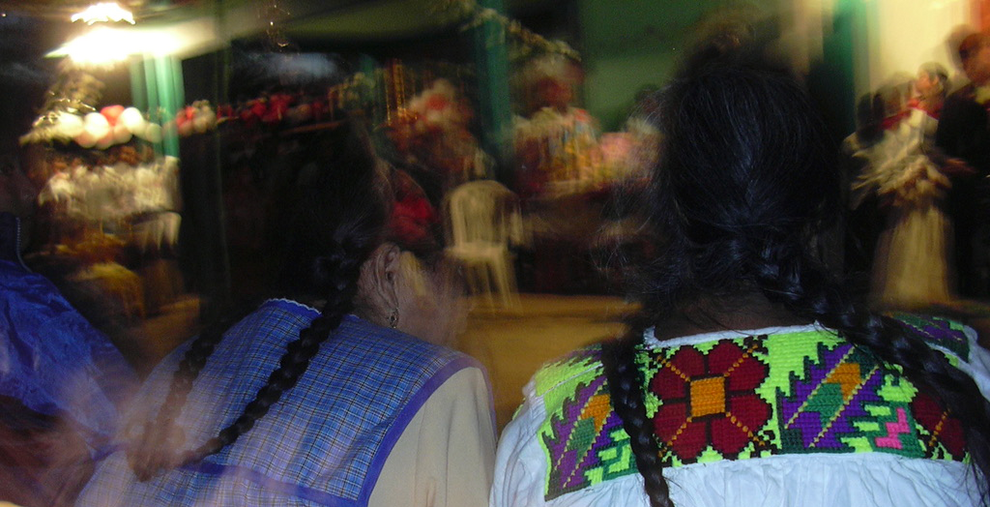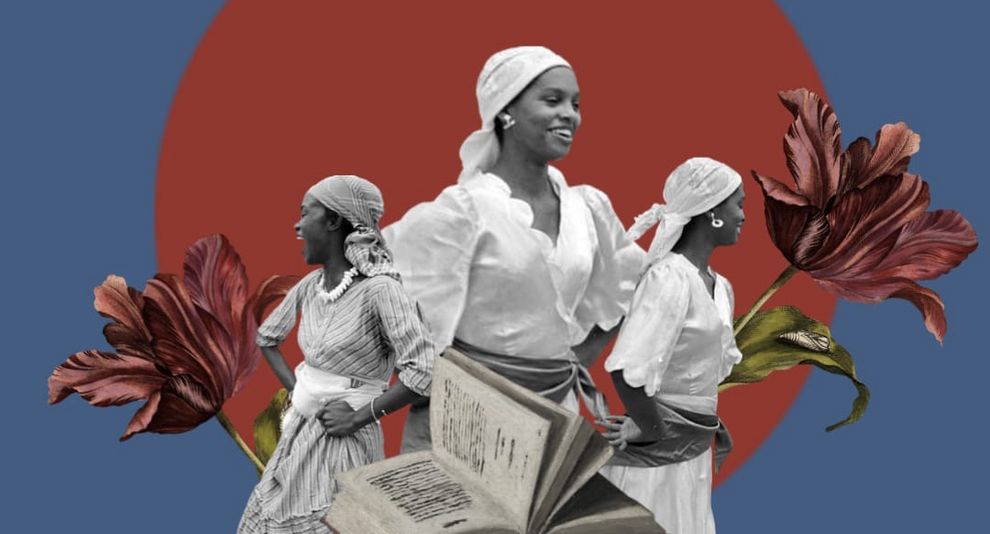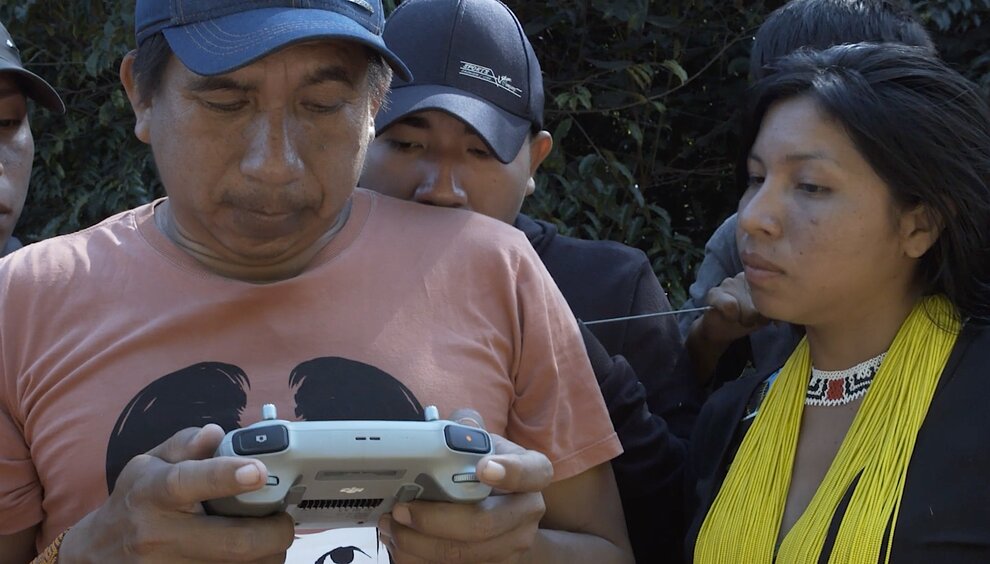Standardizing statistics in colonial situations
10 October | Seminar "Counting and Deciphering Empires, 18th–21st Centuries"
Friday
10
October
2025
10:00 am
12:00 pm

- Standardizing statistics in colonial situations: UN standard questionnaires in Africa, between norms and sources (1946-1952) -
Published at 20 August 2025






